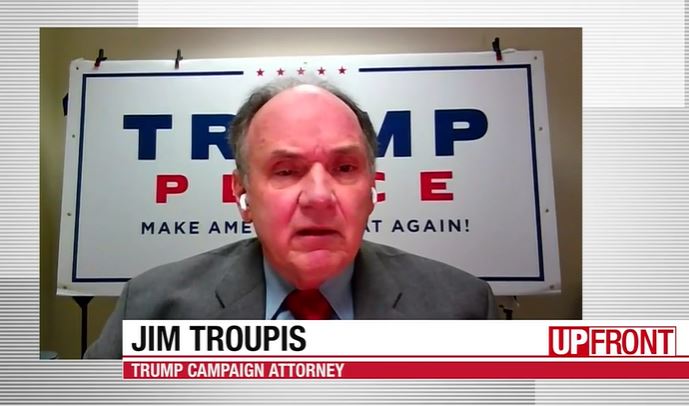A former judge representing the Trump campaign said state election officials and some local clerks "willfully determined" that they would not follow state law in administering the Nov. 3 election.
Trump's campaign has filed lawsuits seeking to have more than 200,000 ballots in Milwaukee and Dane counties tossed out. Chief Justice Pat Roggensack has consolidated the cases and appointed Racine Count...
Please log in to access subscriber content.
If you don't have a subscription, please contact schmies@wispolitics.com for subscription options on the WisPolitics-State Affairs platform, which is the new home for WisPolitics subscriber products.


